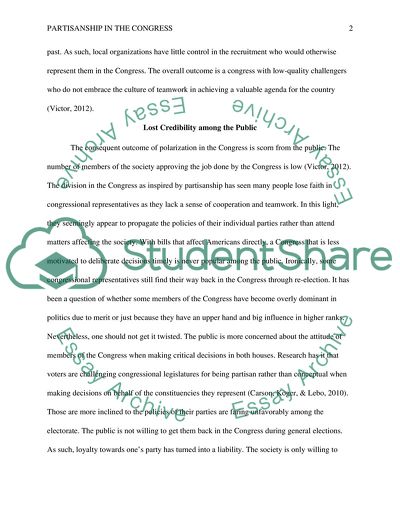Cite this document
(“Implications of Partisanship in the Congress Essay”, n.d.)
Retrieved de https://studentshare.org/social-science/1701083-implications-of-partisanship-in-the-congress
Retrieved de https://studentshare.org/social-science/1701083-implications-of-partisanship-in-the-congress
(Implications of Partisanship in the Congress Essay)
https://studentshare.org/social-science/1701083-implications-of-partisanship-in-the-congress.
https://studentshare.org/social-science/1701083-implications-of-partisanship-in-the-congress.
“Implications of Partisanship in the Congress Essay”, n.d. https://studentshare.org/social-science/1701083-implications-of-partisanship-in-the-congress.


